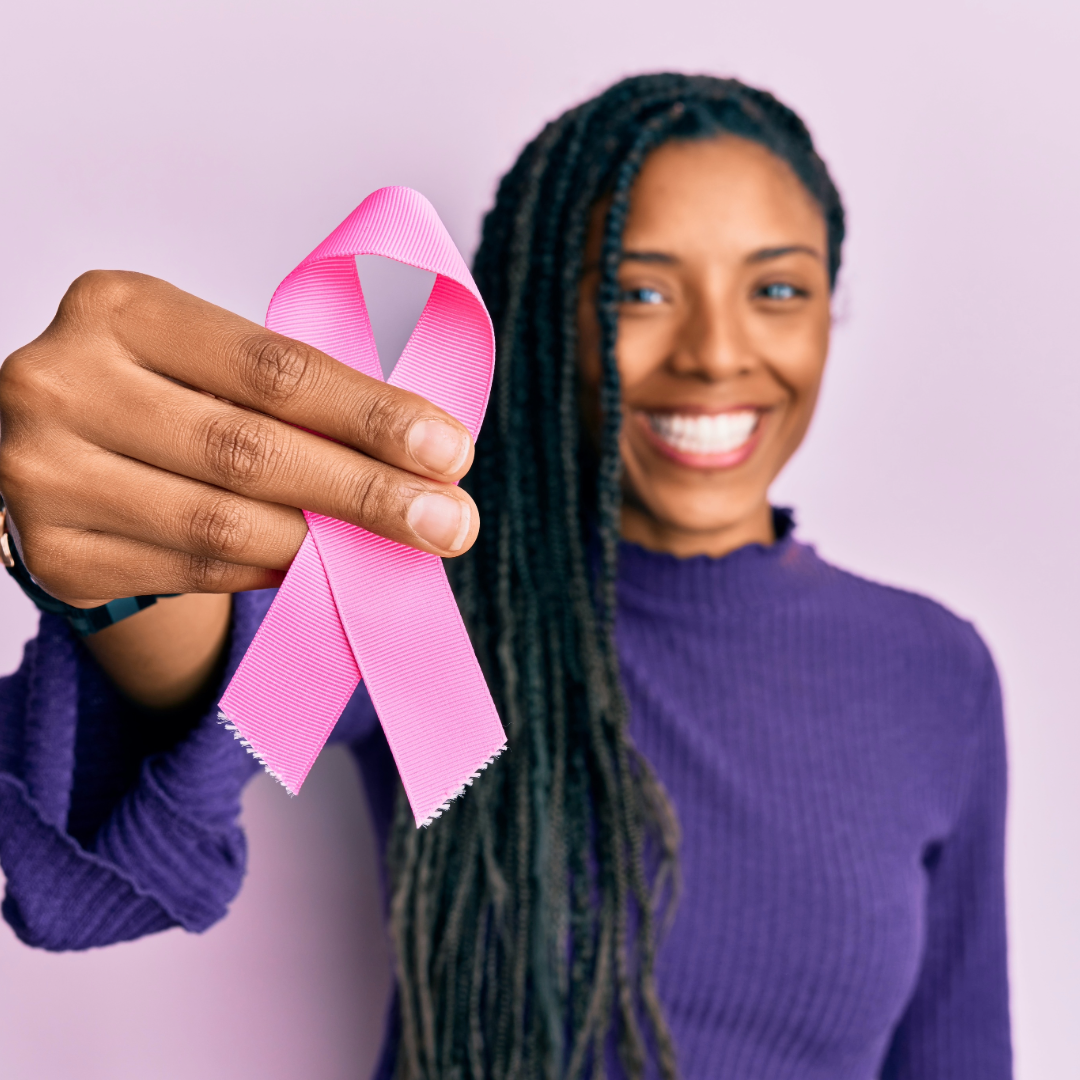 For Angela Williams, it’s personal.
For Angela Williams, it’s personal.
In a span of two weeks in July 1991, Williams lost both her parents to cancer. Ten years later, cancer took her sister.
Not the kind to sit idle, she reached out to programs overseen by the University of Alabama at Birmingham Minority Health & Health Equity Research Center (MHERC) and the UAB O’Neal Comprehensive Cancer Center called REACH 2010 and the Deep South Network for Cancer Control. Its mission was, to engage with communities in addressing the disproportionate number of Black people who die from cancer.
To start, Williams volunteered. Twenty-some years later, she’s turned that opportunity into a lifetime career. She’s played many roles, including, in her words, a “translator, engager, collaborator, advocate and a bridge between the academic, clinical and research worlds and our communities.”
The evolution of Williams’s involvement with the MHERC is reflective of the evolution of the research center itself.
Creating the MHERC
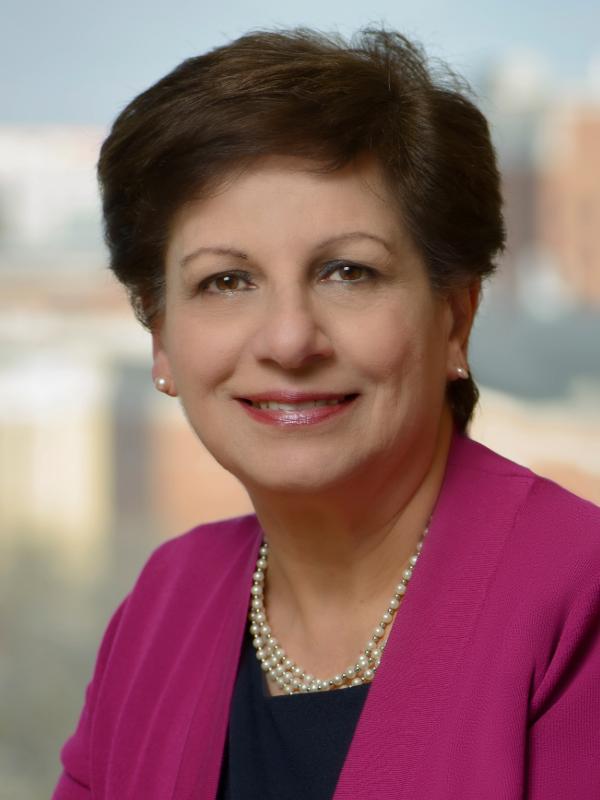 Mona Fouad, M.D., MPHWhen Dr. Mona Fouad co-founded the MHERC, with Dr. Ed Partridge and Dr. Selwyn Vickers, just over two decades ago, the objective was to create a university-wide interdisciplinary center that integrates research, training, and community engagement to address health disparities.
Mona Fouad, M.D., MPHWhen Dr. Mona Fouad co-founded the MHERC, with Dr. Ed Partridge and Dr. Selwyn Vickers, just over two decades ago, the objective was to create a university-wide interdisciplinary center that integrates research, training, and community engagement to address health disparities.
Fouad and her colleagues were alarmed at the rate at which Black women in the region were dying of breast cancer as compared with white women. Among the MHERC’s first initiatives was a partnership with the state of Alabama’s Breast and Cervical Cancer Early Detection program, which offers free mammograms to low-income women.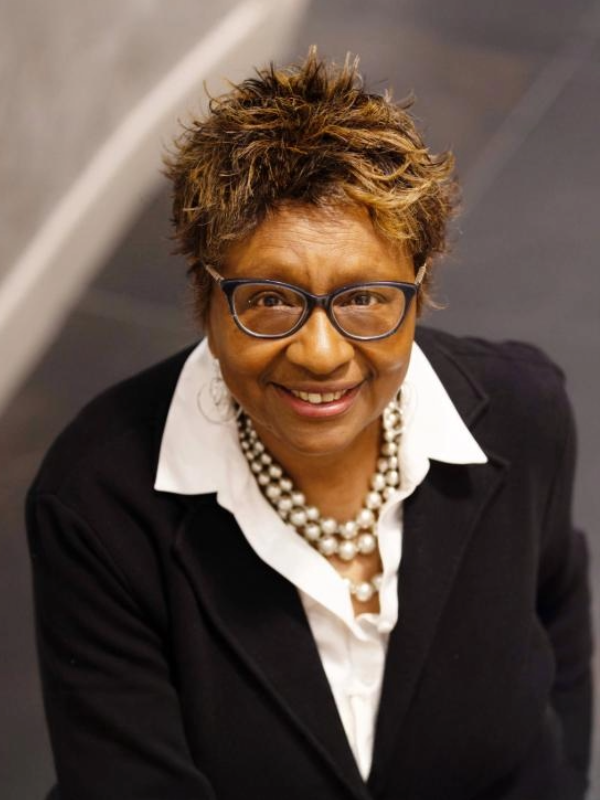 Angela Williams, MHERC Community Coach
Angela Williams, MHERC Community Coach
Clearly, tragically, far too many Black women were neglecting to get screened for breast cancer. Why? Fouad and her team learned several things. They learned that fear, misunderstanding and mistrust were a factor. Many believed a breast cancer diagnosis was tantamount to a death sentence – so why bother getting screened? Many felt disrespected by the health care system – belittled, ignored.
What to do? Fouad, leader of the REACH 2010 project funded by the Centers for Disease Control, worked together with Partridge, who led The Deep South Network for Cancer Control, a project funded by National Cancer Institute, to address this problem.
“I always say, ‘If the problem is in the community, the solution is in the community,’” explains Fouad. And so, her team built relationships with faith leaders and others in the communities, shared what they’d learned, and set about mapping a plan.
“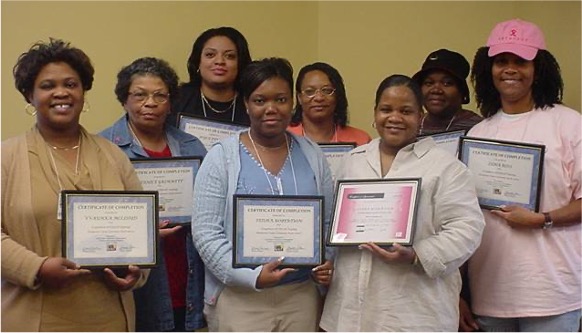 REACH 2010 Patient NavigatorsThe community health worker model is now well-known nationally,” Fouad says. “But 20 years ago, it wasn’t. Community members [like Williams] came forward to help break down barriers to breast cancer prevention and treatment by spreading awareness and encouraging screening. Today, this model serves as the basis for our Community Health Coaches core.”
REACH 2010 Patient NavigatorsThe community health worker model is now well-known nationally,” Fouad says. “But 20 years ago, it wasn’t. Community members [like Williams] came forward to help break down barriers to breast cancer prevention and treatment by spreading awareness and encouraging screening. Today, this model serves as the basis for our Community Health Coaches core.”
Fouad marveled at the creativity of these women volunteers. “Everywhere we went, they had their own ideas.”
For example: “In the rural African American community, women love to wear hats to church,” Fouad notes, “so our volunteers said, ‘We’ll host a hat show, and then talk about breast cancer.’ Another group went out to hair salons.”
By the completion of the Deep South initiative and REACH 2010, the screening gap between African American and white women had narrowed from what had been as high as 20 percent in some counties to as low as 2 percent. In a few counties, the disparity was reversed.
Building on Success: Patient Navigation
Building on this success, and encouraged by the power of community participation, the MHERC began training community health workers to be patient navigators. Navigators are tasked with addressing the social determinants of health – transportation, childcare, a lack of awareness of how the health care system works and of resources available within the community.
The work of Patient Navigators in Birmingham and some Black Belt rural counties resulted in more than 90 percent completion of cancer treatment.
In Williams’ current role, she is among those navigators. “We need to listen to the community, so I listen,” she says. “Our approach is to inform, translate and educate so the patient can make an informed decision.”
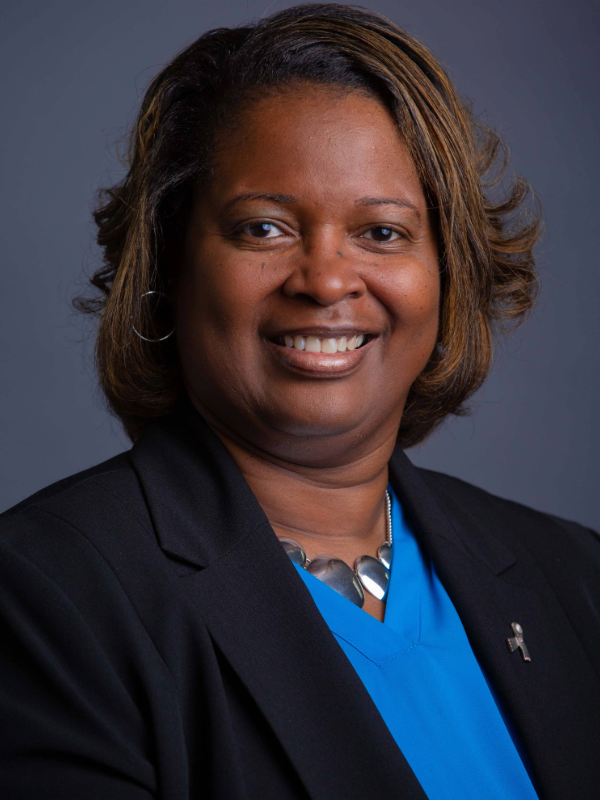 Claudia Hardy, MPAShe can then carry what she’s learned in “community speak” to the professionals at the MHERC to better inform future initiatives.
Claudia Hardy, MPAShe can then carry what she’s learned in “community speak” to the professionals at the MHERC to better inform future initiatives.
Claudia Hardy, a community outreach and engagement leader at the O’Neal Comprehensive Cancer Center, has been at the forefront of the Deep South Network from the outset. “These trusted individuals in these vulnerable communities,” she says, have been “the boots on the ground,” the foundation of the initiative.
Among their most critical achievements, she says, has been “helping remove some of the fear and stigma around cancer and cancer screening.”
Moreover, Hardy notes, the MHERC’s community engagement and training programs have afforded “an opportunity for UAB to train a cadre of young early-stage investigators to be intentional in their practical, clinical, and research work in these vulnerable populations.”
Cancer Awareness, Research, Engagement, and Support (CARES) Center
The work in this area continues to expand. Among its new initiatives supported by the MHERC: The National Cancer Institute last year 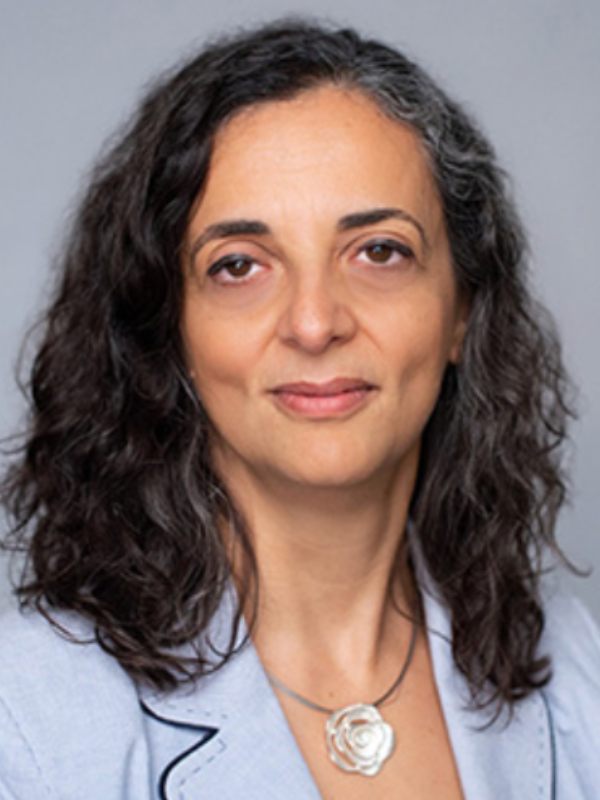 Maria Pisu, Ph.D.awarded $9.6 million to UAB to serve as one of five sites in its Persistent Poverty Initiative. The money supports the Center for Cancer Control in Persistent Poverty Areas—also called the CARES Center—under the direction of Dr. Maria Pisu and Fouad.
Maria Pisu, Ph.D.awarded $9.6 million to UAB to serve as one of five sites in its Persistent Poverty Initiative. The money supports the Center for Cancer Control in Persistent Poverty Areas—also called the CARES Center—under the direction of Dr. Maria Pisu and Fouad.
A consistent goal through all this work is “to increase the number of researchers who will focus on these areas of persistent poverty,” Pisu says.
Meanwhile, Pisu adds, strengthening those community bonds remains a priority: “We have a community advisory board that is very engaged; they’re proposing projects to us. Dr. Fouad and I have always hoped for this kind of exchange with the community – to gain energy from one other.”
Over the years of her involvement with the MHERC, Angela Williams has witnessed the power of that energy. It’s saving lives today.